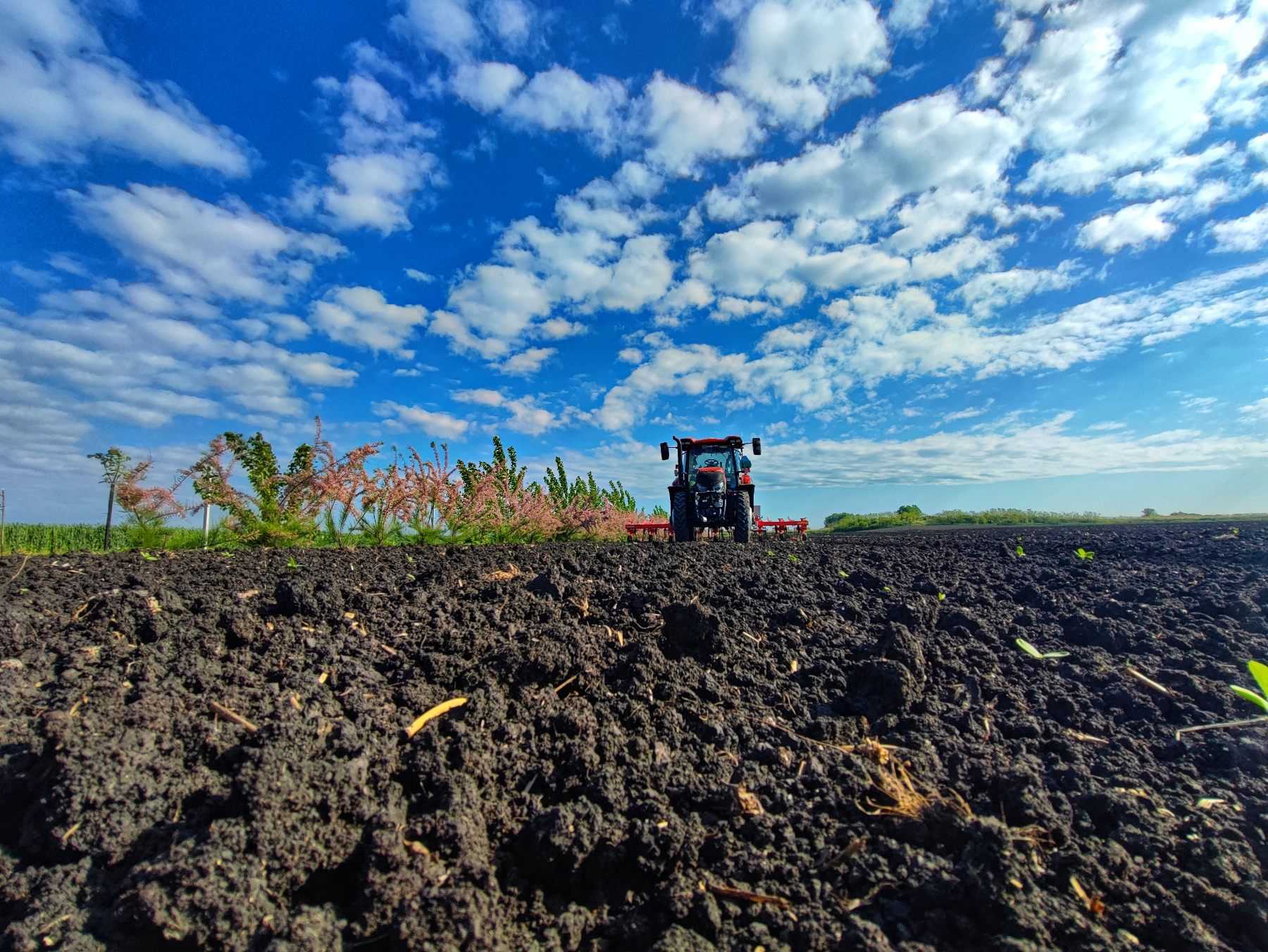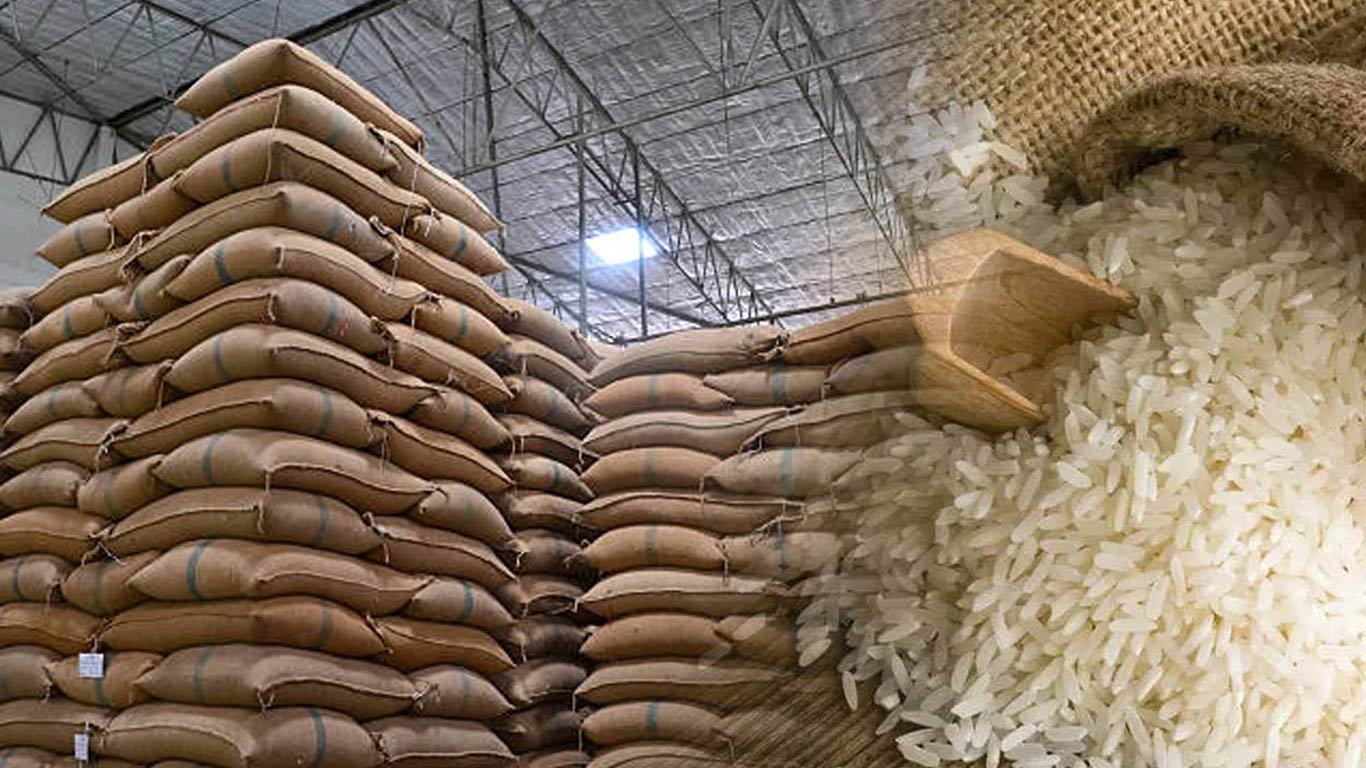Home / agriculture / Organic Farming Techniques to Improve Soil Fertility Naturally
Organic Farming Techniques to Improve Soil Fertility Naturally
By: My India Times
11 minutes read 67Updated At: 2025-01-30

Soil fertility is the cornerstone of successful organic farming. Healthy soil not only supports robust plant growth but also ensures sustainable agriculture for future generations. Unlike conventional farming, which relies heavily on chemical fertilizers, organic farming focuses on natural methods to enhance soil fertility. Here are some of the most effective organic farming techniques to improve soil fertility naturally:
1. Composting: The Heart of Organic Farming
Composting is one of the most effective ways to enrich soil fertility. It involves decomposing organic waste like kitchen scraps, crop residues, and animal manure into nutrient-rich compost. This "black gold" is packed with essential nutrients like nitrogen, phosphorus, and potassium, which are vital for plant growth. Spread a layer of compost over your fields before planting or mix it into the soil. Composting improves soil structure, increases water retention, and promotes microbial activity, making it a must-have practice for organic farmers.
2. Crop Rotation: A Time-Tested Practice
Crop rotation is an ancient technique that involves growing different crops in the same area over sequential seasons. This practice prevents soil nutrient depletion and disrupts pest and disease cycles. For example, rotate nitrogen-fixing crops like legumes (beans, peas) with heavy feeders like corn or tomatoes. Crop rotation maintains soil nutrient balance, reduces soil erosion, and improves soil health, ensuring long-term productivity.
3. Green Manure: Nature’s Fertilizer
Green manure involves growing specific crops like clover, alfalfa, or mustard and then plowing them back into the soil. These plants add organic matter and nutrients to the soil as they decompose. Grow green manure crops during off-seasons and incorporate them into the soil before they flower. This technique enhances soil fertility, suppresses weeds, and improves soil structure, making it a valuable addition to your organic farming practices.
4. Mulching: Protecting and Nourishing the Soil
Mulching involves covering the soil with organic materials like straw, leaves, or grass clippings. This layer acts as a protective barrier, conserving moisture and regulating soil temperature. Apply a thick layer of mulch around plants, leaving some space around the stems. Mulching prevents soil erosion, retains moisture, and adds organic matter as it decomposes, creating a healthier environment for your crops.
5. Vermicomposting: Harnessing the Power of Worms
Vermicomposting uses earthworms to break down organic waste into nutrient-rich vermicompost. This process is faster than traditional composting and produces a highly fertile end product. Add vermicompost to your soil before planting or use it as a top dressing for existing plants. Vermicomposting improves soil aeration, enhances microbial activity, and provides essential nutrients, making it a game-changer for organic farmers.
6. Biofertilizers: Boosting Soil Microbes
Biofertilizers are natural fertilizers that contain beneficial microorganisms like bacteria, fungi, and algae. These microbes help fix nitrogen, solubilize phosphorus, and improve nutrient availability. Apply biofertilizers to seeds, soil, or seedlings as per the manufacturer’s instructions. Biofertilizers enhance nutrient uptake, promote plant growth, and reduce dependency on chemical fertilizers, making them a sustainable choice for organic farming.
7. Agroforestry: Integrating Trees and Crops
Agroforestry involves growing trees and shrubs alongside crops. The trees provide shade, prevent soil erosion, and contribute organic matter through fallen leaves and branches. Plant nitrogen-fixing trees like acacia or fruit trees in and around your fields. Agroforestry improves soil fertility, increases biodiversity, and provides additional income sources, making it a win-win for farmers and the environment.
8. Cover Crops: Protecting the Soil Between Seasons
Cover crops are grown primarily to protect and improve the soil rather than for harvest. They prevent soil erosion, suppress weeds, and add organic matter when tilled back into the soil. Plant cover crops like rye, oats, or buckwheat during fallow periods. Cover crops enhance soil fertility, reduce nutrient leaching, and improve soil structure, ensuring your fields remain productive year-round.
9. Natural Mineral Amendments: Balancing Soil Nutrients
Natural minerals like rock phosphate, gypsum, and lime can be used to correct soil pH and provide essential nutrients. Conduct a soil test to determine deficiencies and apply the appropriate mineral amendments. These amendments balance soil pH, improve nutrient availability, and enhance plant growth, making them a valuable tool for organic farmers.
10. Animal Manure: A Traditional Soil Booster
Well-rotted animal manure from cows, goats, or chickens is an excellent source of organic matter and nutrients. Apply aged manure to your fields and mix it into the soil. Animal manure improves soil fertility, enhances microbial activity, and increases water retention, making it a time-tested solution for organic farmers.
Conclusion
Improving soil fertility naturally is not just beneficial for your crops but also for the environment. By adopting these organic farming techniques, you can create a sustainable and productive farming system that nurtures the soil and supports healthy plant growth. Healthy soil is the foundation of a thriving farm, and investing in natural methods will yield long-term benefits for both you and the planet. Start implementing these techniques today and witness the transformation in your soil’s health and productivity!
....Soil fertility is the cornerstone of successful organic farming. Healthy soil not only supports robust plant growth but also ensures sustainable agriculture for future generations. Unlike conventional farming, which relies heavily on chemical fertilizers, organic farming focuses on natural methods to enhance soil fertility. Here are some of the most effective organic farming techniques to improve soil fertility naturally:
1. Composting: The Heart of Organic Farming
Composting is one of the most effective ways to enrich soil fertility. It involves decomposing organic waste like kitchen scraps, crop residues, and animal manure into nutrient-rich compost. This "black gold" is packed with essential nutrients like nitrogen, phosphorus, and potassium, which are vital for plant growth. Spread a layer of compost over your fields before planting or mix it into the soil. Composting improves soil structure, increases water retention, and promotes microbial activity, making it a must-have practice for organic farmers.
2. Crop Rotation: A Time-Tested Practice
Crop rotation is an ancient technique that involves growing different crops in the same area over sequential seasons. This practice prevents soil nutrient depletion and disrupts pest and disease cycles. For example, rotate nitrogen-fixing crops like legumes (beans, peas) with heavy feeders like corn or tomatoes. Crop rotation maintains soil nutrient balance, reduces soil erosion, and improves soil health, ensuring long-term productivity.
3. Green Manure: Nature’s Fertilizer
Green manure involves growing specific crops like clover, alfalfa, or mustard and then plowing them back into the soil. These plants add organic matter and nutrients to the soil as they decompose. Grow green manure crops during off-seasons and incorporate them into the soil before they flower. This technique enhances soil fertility, suppresses weeds, and improves soil structure, making it a valuable addition to your organic farming practices.
4. Mulching: Protecting and Nourishing the Soil
Mulching involves covering the soil with organic materials like straw, leaves, or grass clippings. This layer acts as a protective barrier, conserving moisture and regulating soil temperature. Apply a thick layer of mulch around plants, leaving some space around the stems. Mulching prevents soil erosion, retains moisture, and adds organic matter as it decomposes, creating a healthier environment for your crops.
5. Vermicomposting: Harnessing the Power of Worms
Vermicomposting uses earthworms to break down organic waste into nutrient-rich vermicompost. This process is faster than traditional composting and produces a highly fertile end product. Add vermicompost to your soil before planting or use it as a top dressing for existing plants. Vermicomposting improves soil aeration, enhances microbial activity, and provides essential nutrients, making it a game-changer for organic farmers.
6. Biofertilizers: Boosting Soil Microbes
Biofertilizers are natural fertilizers that contain beneficial microorganisms like bacteria, fungi, and algae. These microbes help fix nitrogen, solubilize phosphorus, and improve nutrient availability. Apply biofertilizers to seeds, soil, or seedlings as per the manufacturer’s instructions. Biofertilizers enhance nutrient uptake, promote plant growth, and reduce dependency on chemical fertilizers, making them a sustainable choice for organic farming.
7. Agroforestry: Integrating Trees and Crops
Agroforestry involves growing trees and shrubs alongside crops. The trees provide shade, prevent soil erosion, and contribute organic matter through fallen leaves and branches. Plant nitrogen-fixing trees like acacia or fruit trees in and around your fields. Agroforestry improves soil fertility, increases biodiversity, and provides additional income sources, making it a win-win for farmers and the environment.
8. Cover Crops: Protecting the Soil Between Seasons
Cover crops are grown primarily to protect and improve the soil rather than for harvest. They prevent soil erosion, suppress weeds, and add organic matter when tilled back into the soil. Plant cover crops like rye, oats, or buckwheat during fallow periods. Cover crops enhance soil fertility, reduce nutrient leaching, and improve soil structure, ensuring your fields remain productive year-round.
9. Natural Mineral Amendments: Balancing Soil Nutrients
Natural minerals like rock phosphate, gypsum, and lime can be used to correct soil pH and provide essential nutrients. Conduct a soil test to determine deficiencies and apply the appropriate mineral amendments. These amendments balance soil pH, improve nutrient availability, and enhance plant growth, making them a valuable tool for organic farmers.
10. Animal Manure: A Traditional Soil Booster
Well-rotted animal manure from cows, goats, or chickens is an excellent source of organic matter and nutrients. Apply aged manure to your fields and mix it into the soil. Animal manure improves soil fertility, enhances microbial activity, and increases water retention, making it a time-tested solution for organic farmers.
Conclusion
Improving soil fertility naturally is not just beneficial for your crops but also for the environment. By adopting these organic farming techniques, you can create a sustainable and productive farming system that nurtures the soil and supports healthy plant growth. Healthy soil is the foundation of a thriving farm, and investing in natural methods will yield long-term benefits for both you and the planet. Start implementing these techniques today and witness the transformation in your soil’s health and productivity!
By: My India Times
Updated At: 2025-01-30
Tags: agriculture News | My India Times News | Trending News | Travel News
Join our WhatsApp Channel






































































































.png)
 (1).png)























